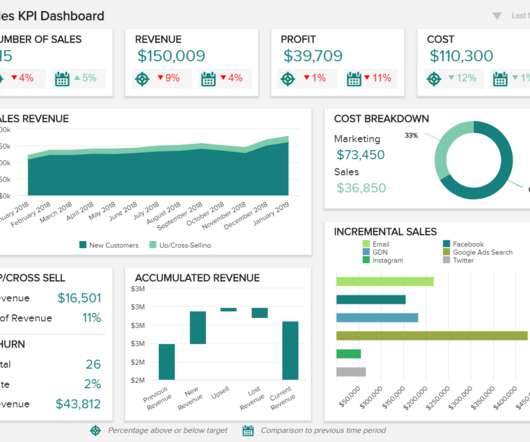COVID-19 Effects on Financial Services & Managing Risk
bridgei2i
APRIL 23, 2020
How much will the bank’s bottom line be impacted depends on a host of unknowns. The banking sector globally is definitely going to see impact, some more grave than the others and most of them are announcing short to mid term measure both from a customer and business risk mitigation standpoint. Understanding & Managing Risks.













Let's personalize your content